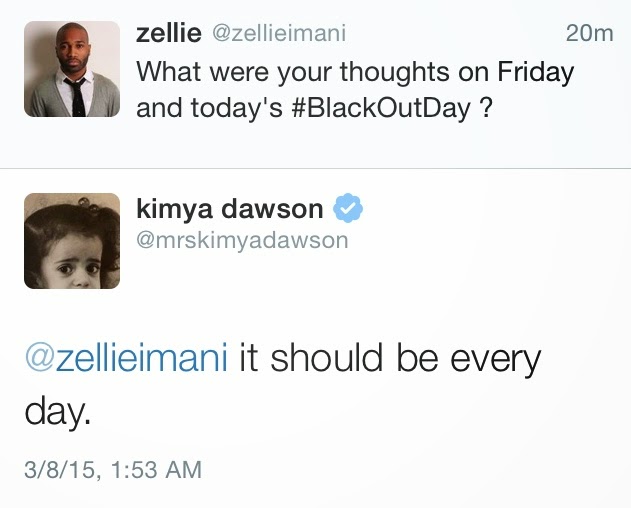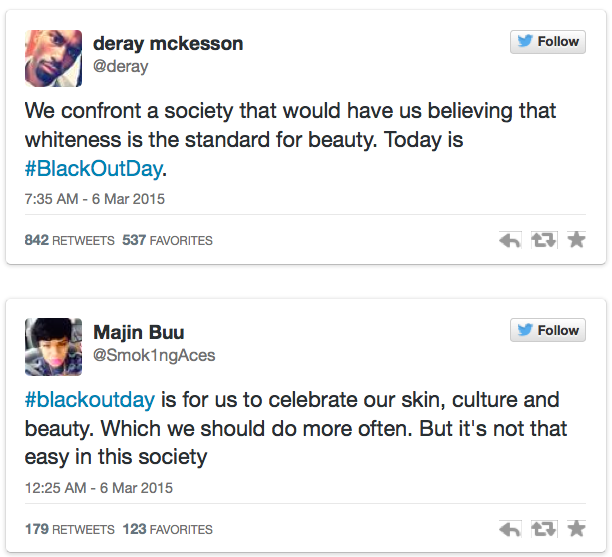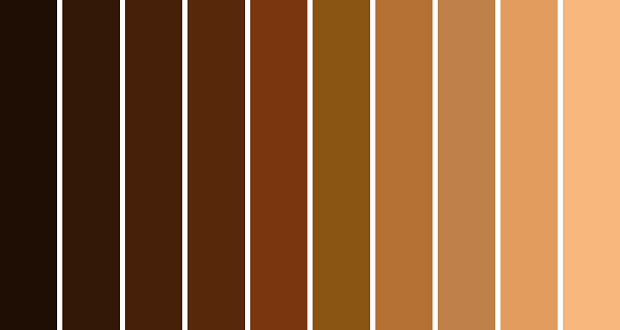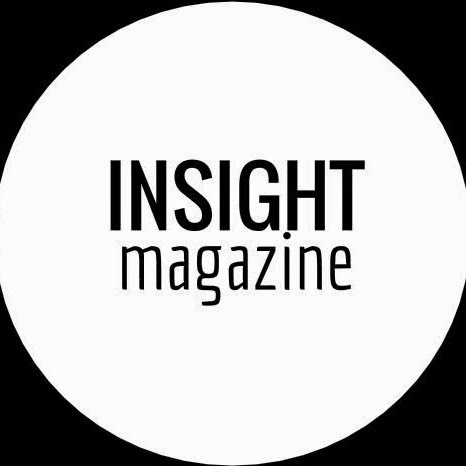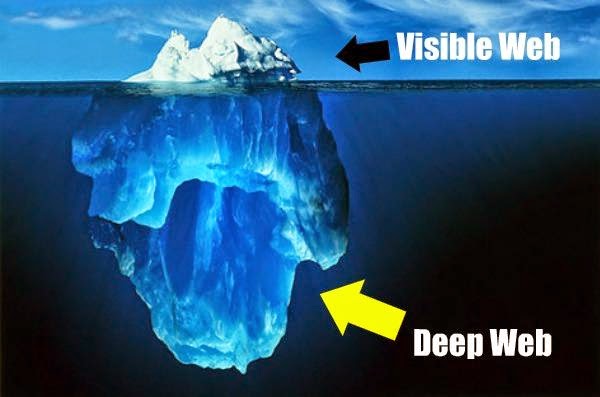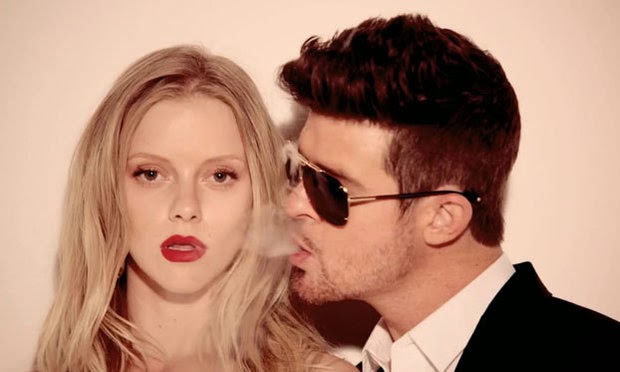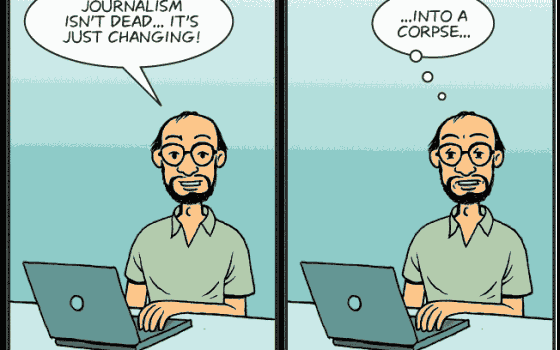 |
| Courtesy of Azfar Rizvi |
I have always wanted to be a writer. Always. When I was little I'd imagine myself living in New York City and working for some big newspaper or magazine. I thought about a life with deadlines and seeing my name in print beside a weekly column and in the issues that would circulate daily. Now I'm older and am realizing that the life of a journalist is not what it used to be. Journalism in its entirety is not what it used to be. Chances are I won't be able to see my name in print as often as I'd like or clip out and save my articles in my own, personal archive. And this is all because of technology - more specifically, the Internet.
Since the internet was created, the ability to instantly access information has been granted to millions. News is available with the literal click of a button, and can be constantly updated and edited to be more timely and precise. And this is wonderful. It has revolutionized journalism and provides people with the news they need exactly when they need it. No one has to wait for tomorrow's paper, with news that will seem old by the time it's reached the masses.
No one has to look specifically towards journalists for information and updates. Social media is the new age platform for instantaneous reports, and anyone with an account can release information that can potentially reach millions of people. People can upload information, photos, and videos, and often quicker than reporters can. With constant information coming from hundreds of sources, no one has to solely rely on journalists anymore. Journalists no longer control how informed or knowledgeable the general population is. With the internet available, ignorance is a choice. I think Aleks Krotoski from The Guardian explained it extremely well when stating, "If knowledge is power, the web is the greatest tool in the history of the world."
People can connect like never before and ideas can be shared across the globe. Entire revolutions have been started and carried out online. There are countless events that never could have taken place without the use of the internet to communicate plans and organize ideas.
I am very excited about how the internet has changed journalism and happy that I will be apart of the digital age of releasing news and information. I think it's exciting to have the world at my fingertips, and consider myself lucky to be alive in the age of the internet.
However, although the internet has changed journalism in a way that is quicker and connects more people, it has taken a serious toll on the quality and integrity of journalistic writing.
Less and less journalists take the time they need to perfect a story as they are in a great, big rush to upload their articles and update their blogs before everyone else. I can't tell you how many typos I've found in online articles because there's just no time for proofreading if a writer is to remain timely and relevant in the age of the internet. There's no time to really think about a story; to evaluate it from every angle; to make sure what you're publishing is quality work. Journalists are rushed by their editors - who hardly edit - and their audience, who want more and more as quickly as they can press the refresh button.
With the internet came the ability to cheat and more easily abandon the ethics and rules real journalists believe in. Plagiarism is so much easier to do, as one only has to press "Ctrl + V" to claim the words and work of another as their own. It is simple to edit images online to falsely portray a scene. It is easy to tell a blatant lie without having others fact-check. It is easy to hide behind a screen and do all of these things. And it is not just journalists who do this, but random people all across the world with Internet access and blogs or Twitter accounts to use.
Reporters no longer have to keep their ears to the ground and go out searching for stories and scouring for witnesses and quotes. There's hardly anymore "pounding the pavement". Journalists just simply log into Twitter and see what's trending; see what everyone's talking about on Facebook. Reporters can wait for the facts to be tweeted and can pull photos from online. They simply obtain their information how everyone else does: online. The stories come to them, and practically write themselves and the need for a journalist's analysis has dwindled. Some may consider this to be a benefit of the web, but I think that a basic and important (and fun) part of journalism has been loss to the internet.
Although it's great that everyone can do some "reporting" of their own and join the conversation online, a lot of the facts are lost when civilians are reporting. Those who are not trained to write as journalists often give information that is biased or misleading because they do not look at the story objectively. It's information - but is it trustworthy? Like Yves Eudes stated in the same Guardian article as cited previously, "Anyone can make bread, but it's lousy bread."
There are obvious benefits of the internet that have changed and will continue to change journalism for the better. However, the negative aspects of the internet have altered the practice of journalism in such a way that I often question whether or not it is the profession I want to go into. Hopefully I will end up writing, and I learn how to use and share my work on the internet without ever having to sacrifice the quality or integrity of my writing.
Jaylin Paschal is the founder and editor of INSIGHT Magazine. She also runs Creative Liberation, a personal blog where you can read through her rants and rambles. At school Jaylin is Editor-in-Chief of her school paper and an editor of the school's literary arts magazine. She spends her days writing and sleeping, or wishing she could write or sleep.

